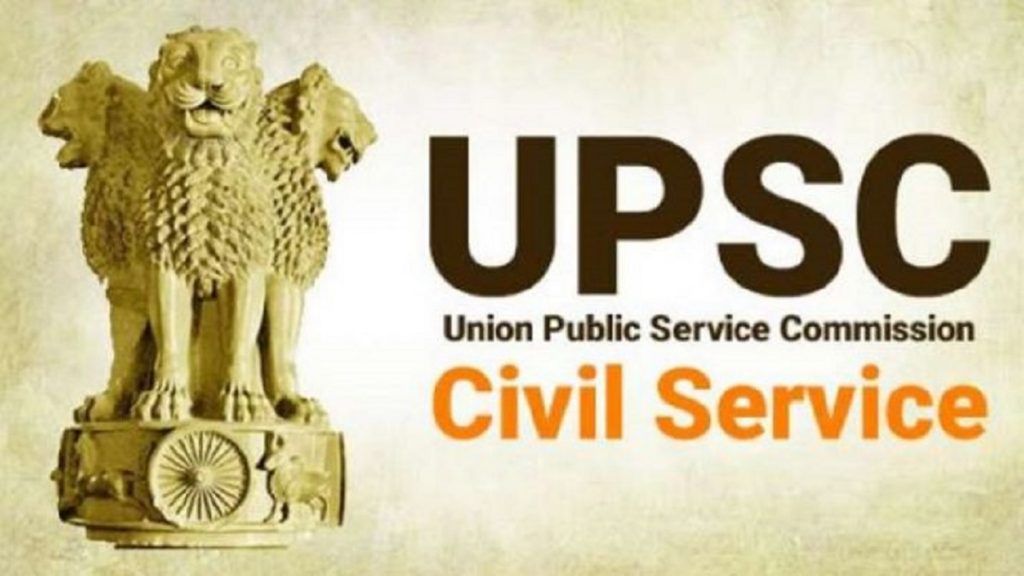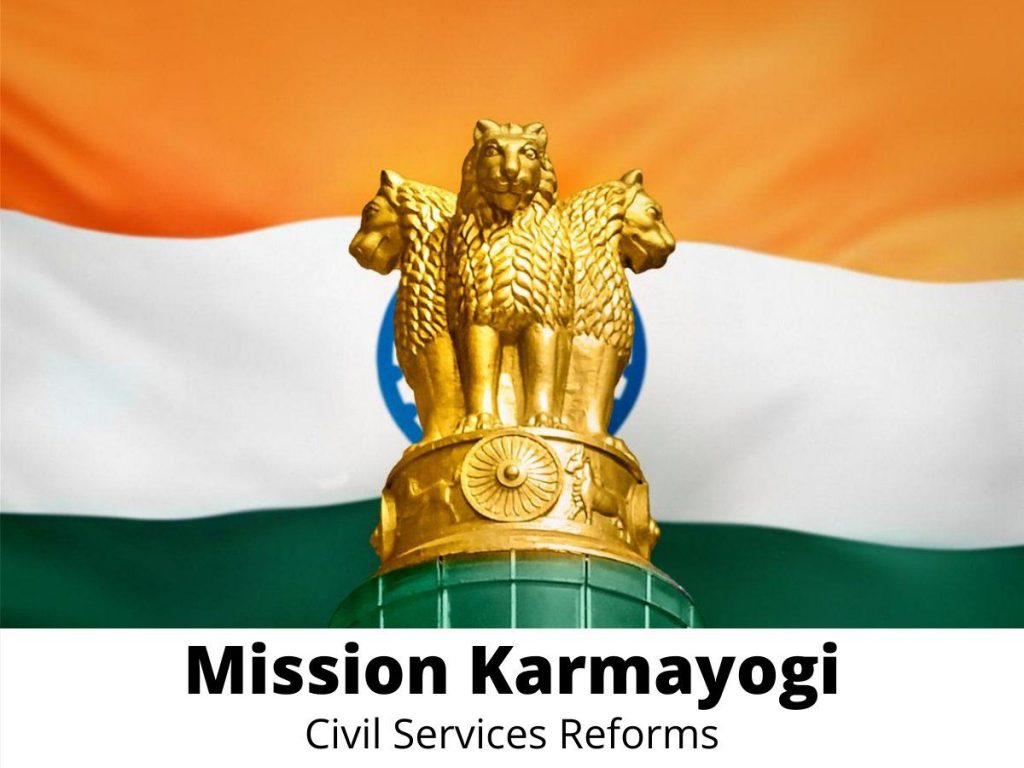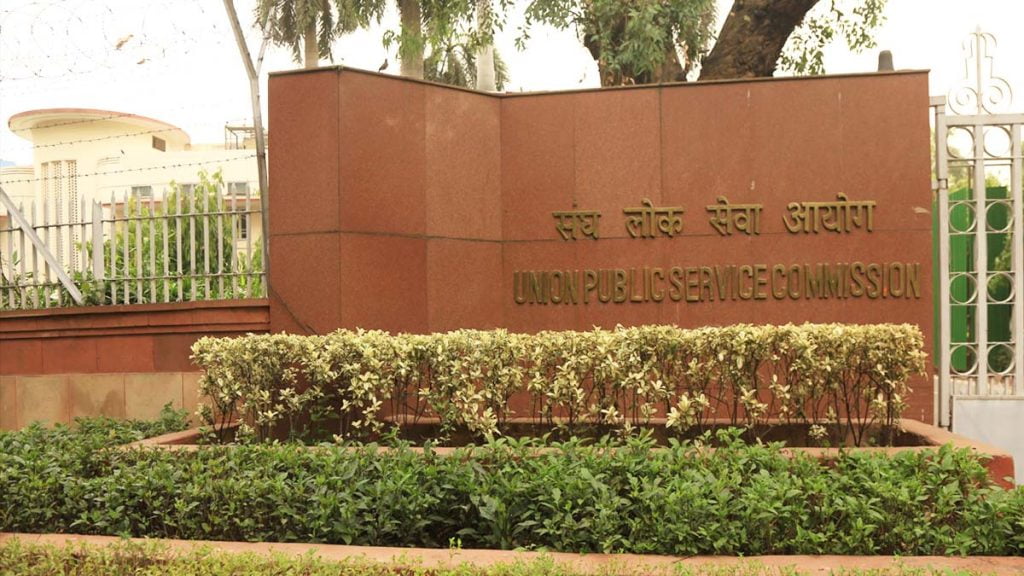CAPACITY BUILDING AND QUALITY
Quality is a journey not a destination with pit stops, as in a marathon, for continuous capacity building and even reskilling, if need be. The Covid-19 pandemic, through the exemplar of corona warriors, has reinforced the concept that exceeding customer expectations is very much the hallmark of excellence in the delivery of public services. Doctors have been engaging patients in yogic exercises and playing games with and music for them. Police personnel has been delivering food packets to migrant labor. Common citizens have been motivating each other and looking after stray cattle. But will it continue?
Training and retraining is the key to continuing success of the roadmap of quality in any organization. Having reached a certain stage, oftentimes in a celebratory mode, the organizations tend to believe, that they have arrived. That is when the doctrine of relapse comes into operation. It does not take much time for them to slip back to the starting point, with all the earlier effort has been in vain.
NATIONAL PROGRAMME FOR CIVIL SERVICES CAPACITY BUILDING
It is in this context, that Mission Karmayogi for capacity building of civil servants recently launched by the Government of India, gains in significance. It is a new national architecture for the capacity building of civil services. It is also a comprehensive reform of the capacity building apparatus at the individual, institutional, and process levels for efficient public service delivery. Apart from domain knowledge, the scheme will focus on functional and behavioral competencies. It proposes to cover approximately 46 lakh, central government employees, at all levels.

Institutional Framework
The institutional framework for the implementation of the programmed comprises:
- PM led Public Human Resources (HR) Council to approve and monitor the Civil Service Capacity Building Plans.
- Capacity Building Commission to harmonize training standards, create shared faculty and resources, and to supervise all Central Training Institutions.
- Wholly owned Special Purpose Vehicle, to own and operate the online learning platform and facilitate world-class learning content.
- A Coordination Unit headed by the Cabinet Secretary.
Guiding Principles
The core guiding principles of the Programmed are:
- Supporting Transition from ‘Rules-based’ to ‘Roles based’ HR Management.
- To provide for ‘on-site learning’ to complement the ‘off-site’ learning.
- To create an ecosystem of shared training infrastructure including that of learning materials, institutions, and personnel.
- To calibrate all Civil Service positions to a Framework of Roles, Activities, and Competencies (FRACs) approach and to create and deliver learning content relevant to the identified FRACs in every Government entity.
- To make available to all civil servants, an opportunity to continuously build and strengthen their Behavioural, Functional, and Domain Competencies in their self-driven and mandated learning paths.
- To enable all the Central Ministries and Departments and their attached and subordinate organizations to directly invest their resources towards co-creation and sharing the collaborative and common ecosystem of learning through an annual financial subscription for every employee.
- To encourage and partner with the best-in-class learning content creators, including public training institutions, universities, and individual experts.
- To undertake data analytics in respect of data provided by iGOT- Karmayogi pertaining to various aspects of capacity building, content creation, user feedback, and mapping of competencies and identify areas for policy reforms.

iGOT Karmayogi Platform
The Programme will be delivered by setting up an Integrated Government Online Training-iGOT Karmayogi Platform. The platform brings the scale and state-of-the-art infrastructure to augment the capacities of over two crore officials in India. The platform will evolve into a vibrant and world-class market place for content, where carefully curated and vetted digital e-learning material will be made available. Besides capacity building, service matters like confirmation after probation period, deployment, work assignment, and notification of vacancies, etc. would eventually be integrated with the proposed competency framework.
Functions of Various Agencies
Specific functions have been assigned to various bodies proposed to be set up under the Mission. Thus the Capacity Building Commission has been constituted to assist the PM Public Human Resources Council in approving the Annual Capacity Building Plans; to exercise functional supervision over all Central Training Institutions dealing with civil services capacity building; to create shared learning resources, including internal and external faculty and resource centers; to coordinate and supervise the implementation of the Capacity Building Plans with the stakeholder Departments; and to set norms for common mid-career training programs across all civil services.
A wholly owned Special Purpose Vehicle (SPV), set up under Section 8 of the Companies Act, 2013, will be a “not-for-profit” company. It will own and manage the iGOT-Karmayogi platform. The SPV will create and operationalize the content, market place, and manage key business services of the iGOT-Karmayogi platform, relating to content validation, independent proctored assessments, and telemetry data availability. It will own all Intellectual Property Rights on behalf of the Government of India.
Public Human Resources Council comprising selected Union Ministers, Chief Ministers, eminent public HR practitioners, thinkers, global thought leaders, and Public Service functionaries under the Chairmanship of Hon’ble Prime Minister to serve as the apex body for providing strategic direction to the task of Civil Services Reform and capacity building.
Monitoring and Evaluation
The monitoring and evaluation of the performance of all users of the iGOT-Karmayogi platform will be undertaken on certain Key Performance Indicators (KPIs), including the individual learner, the supervisor, the organization, the peer group, the content provider, the content creator, the technology service provider among others. A dashboard and an Annual State of the Civil Services Report are proposed to capture the KPIs for all the departments, organizations, and agencies of the government and document the outcome of the current initiatives, the targets against goals along with the roadmap for future Public HR Management and Capacity Building.

THE ROAD AHEAD
The larger significance of the program is, that it aims to prepare the Indian Civil Servant for the future, by making him more creative, constructive, imaginative, innovative, proactive, professional, progressive, energetic, enabling, transparent, and technology-enabled. Empowered with specific role-competencies, the civil servant will be able to ensure efficient service delivery of the highest quality standards.
Eventually, all service matters such as recruitment (National Recruitment Agency), confirmation after probation, deployment, work assignment, and notification of vacancies will all be integrated into the proposed framework.
THE CHALLENGES
Mission Karmayogi is a very ambitious program and for that reason faces the prospect of losing its way in mid-course if not steered with caution. The imparting of knowledge, skill, and attitude (KSA) begins with a training needs assessment (TNA). If the mission is to succeed, careful and precise estimation of existing KSA, in a decentralized environment, would hold the key to its implementation. Moreover, for distance self-learning to build core competencies among frontline workers, a strong system of feedback, mentorship, and peer-learning has to be put in place. Further, incentive-linked training, if poorly executed, runs the risk of becoming a source of demotivation.
In the ultimate analysis, while individual-level professional and behavioral training is important for improving organizational performance, the culture in which those competencies are deployed is equally important. A learning organization thrives on practices of a shared vision of development, commitment to capacity building at all levels, and empowerment of the employees.
***


